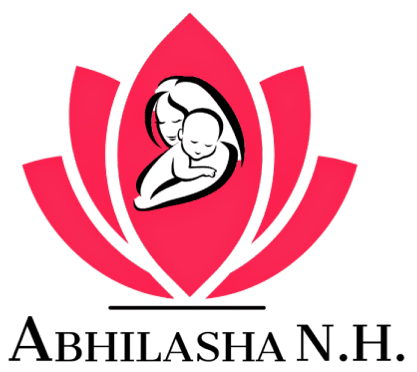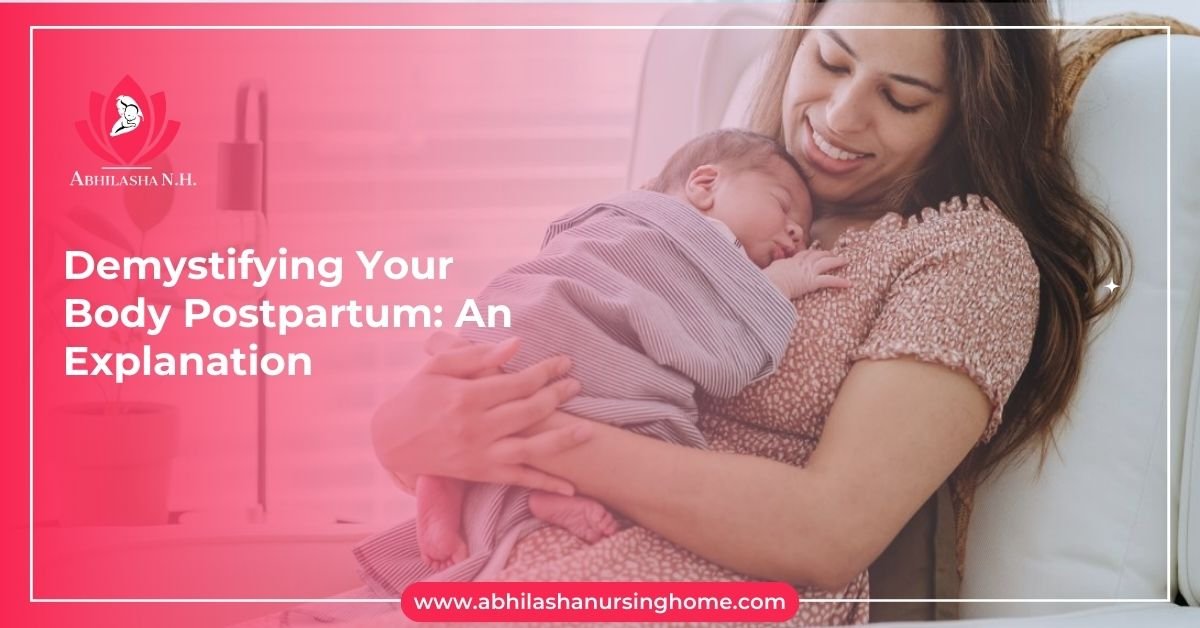The postpartum period marks a significant chapter in a woman’s life, characterized by profound physical and emotional changes as she adjusts to life after childbirth. Demystifying the body postpartum is crucial for new mothers, as it helps them understand and embrace the various transformations occurring within their bodies.
From fluctuations in mental health to adjustments in physical appearance and functionality, navigating the post-pregnancy journey involves exploring a multitude of experiences that are both unique and universal. In this guide, we will delve into key aspects of the postpartum experience, offering explanations and insights to empower new mothers on their path to self-discovery and wellness. By shedding light on topics such as mental health, sexual intimacy, physical recovery, and body image, we aim to provide a supportive resource for women navigating the intricacies of the postpartum period.
Mental Health:
Postpartum mental health is a significant aspect of the post-pregnancy journey. It’s common for new mothers to experience a range of emotions, including joy, sadness, anxiety, and even depression. Understanding the hormonal shifts and lifestyle adjustments that accompany childbirth can help normalize these feelings and encourage seeking support when needed.
Sex Drive:
Changes in sex drive after childbirth are normal and can vary from person to person. Factors such as hormonal fluctuations, physical recovery, and emotional adjustment play a role in determining libido levels. Open communication with your partner and patience with yourself is key to navigating changes in sexual desire postpartum.
Bleeding:
Postpartum bleeding, known as lochia, is a natural part of the body’s healing process after childbirth. It typically lasts for a few weeks and may vary in color and consistency. Understanding the different stages of lochia and practicing proper hygiene measures can help manage this aspect of postpartum recovery.
First Milk:
Colostrum, also known as “first milk,” is the initial breast milk produced during the early days after childbirth. It is rich in antibodies and nutrients, providing essential nourishment and immune support for the newborn. Embracing the role of colostrum in establishing breastfeeding can help new mothers feel confident in their ability to nourish their babies.
Hair Loss:
Postpartum hair loss, also known as telogen effluvium, is a common phenomenon experienced by many women after childbirth. Hormonal changes during pregnancy can cause hair to remain in the resting phase longer than usual, leading to increased shedding postpartum. While this can be alarming, it is typically temporary and resolves on its own over time.
Going to the Toilet:
Changes in bowel habits, including constipation and difficulty urinating, are common postpartum issues. Factors such as hormonal changes, perineal trauma, and pain medication can contribute to these challenges. Staying hydrated, eating a balanced diet rich in fiber, and practicing pelvic floor exercises can help alleviate discomfort and promote regular bowel movements.
Post-Pregnancy Belly:
The post-pregnancy belly is a natural result of the body’s gradual return to its pre-pregnancy state. It takes time for the uterus to shrink back to its normal size and for abdominal muscles to regain strength and tone. Embracing this transitional phase and focusing on overall health and well-being rather than achieving immediate physical changes is essential for self-acceptance and body positivity.
Your perception of your body:
Navigating changes in body image and self-perception postpartum is a journey that varies for each individual. It’s important to acknowledge and validate your feelings while practicing self-compassion and self-care. Surrounding yourself with supportive loved ones and seeking professional guidance if needed can help foster a positive body image and a sense of empowerment during this transformative time.

